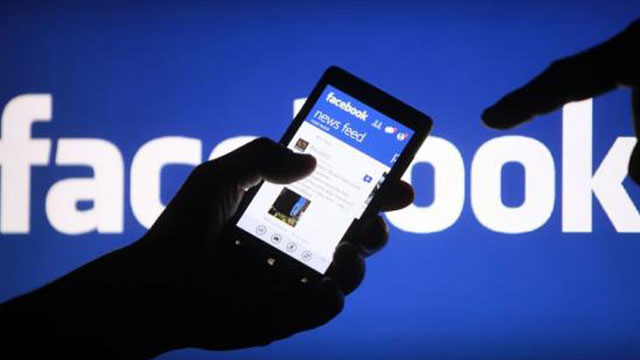In a crackdown against Russian misinformation agency that interfered in the 2016 US elections, Facebook has taken down 70 accounts, 138 pages, and 65 Instagram profiles. The accounts and pages removed were controlled by a Russian Internet Research Agency (IRA) based out of St Petersburg. The agency was indicted for executing a social media operation that influenced voters in favor of Donald Trump. The announcement titled “Authenticity Matters: The IRA has no place on Facebook” comes in the wake of Cambridge Analytica scandal that put a spotlight on the social network for influencing the 2016 US elections.
95% of these pages and accounts were found to be in Russian. These Facebook pages and Instagram profiles in question reached out to over 1.5 million unique users, majorly targetting Russians and people hailing from Ukraine, Azerbaijan, and Uzbekistan. The pages had been removed for their association with the misinformation agency and not for the content they have been producing. In the coming few weeks, Facebook will also be updating its Help Center so users can check if they liked or followed any pages that were linked to IRA activities.
Last year, Facebook detected increased Russian activity on its platform in the 2016 election period. The social network observed that inauthentic accounts operating out of Russia had purchased political ads worth $100,000 between 2015 and 2016. These ads reached out to over 10 million people, based majorly in Michigan and Wisconsin that was detrimental to Trump’s victory. The activity of these Russian pages was not only limited to advertisements but they went a step ahead and organized rallies against immigrants and Hillary Clinton in Texas and Idaho.
In his first public statement on the data breach, Mark Zuckerberg promised to deploy safeguards that will protect user data against privacy violations. He also said that he will testify in the Congress if the need arises. In the past couple of days, Facebook has put an end to targetted ads using emails attained without consent and no more allows third-party applications to access user data.











